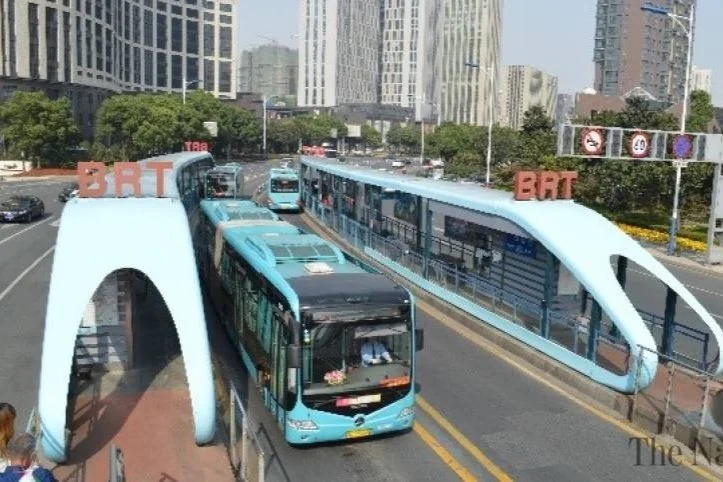Karachi Bus Rapid Transport
About
The Karachi Bus Rapid Transit (BRT) system produces biogas from cattle waste and uses zero-GHG emission biomethane-hybrid buses. The BRT infrastructure has been adapted to climate change and aims to improve air quality. It includes cycle lanes, a bike sharing system, last- mile connectivity with e-pedicabs, and improved pedestrian facilities.
Approach and impact
A ‘safe BRT travel programme’ campaign to address all forms of violence against women passengers will be rolled out. Measures at stations will include separate queuing spaces for women and men separate restrooms and diaper-changing facilities, CCTV and staffed help desks. The BRT fleet will have space for prams, dedicated seats for women, CCTV and clearly-exhibited posters discouraging all forms of harassment against women. The share of female passengers on the BRT is expected to increase from 10 to 20 per cent, which is in line with the 2X threshold, given the very challenging country context. About 10 per cent of BRT operations employees and TransKarachi staff are women.

